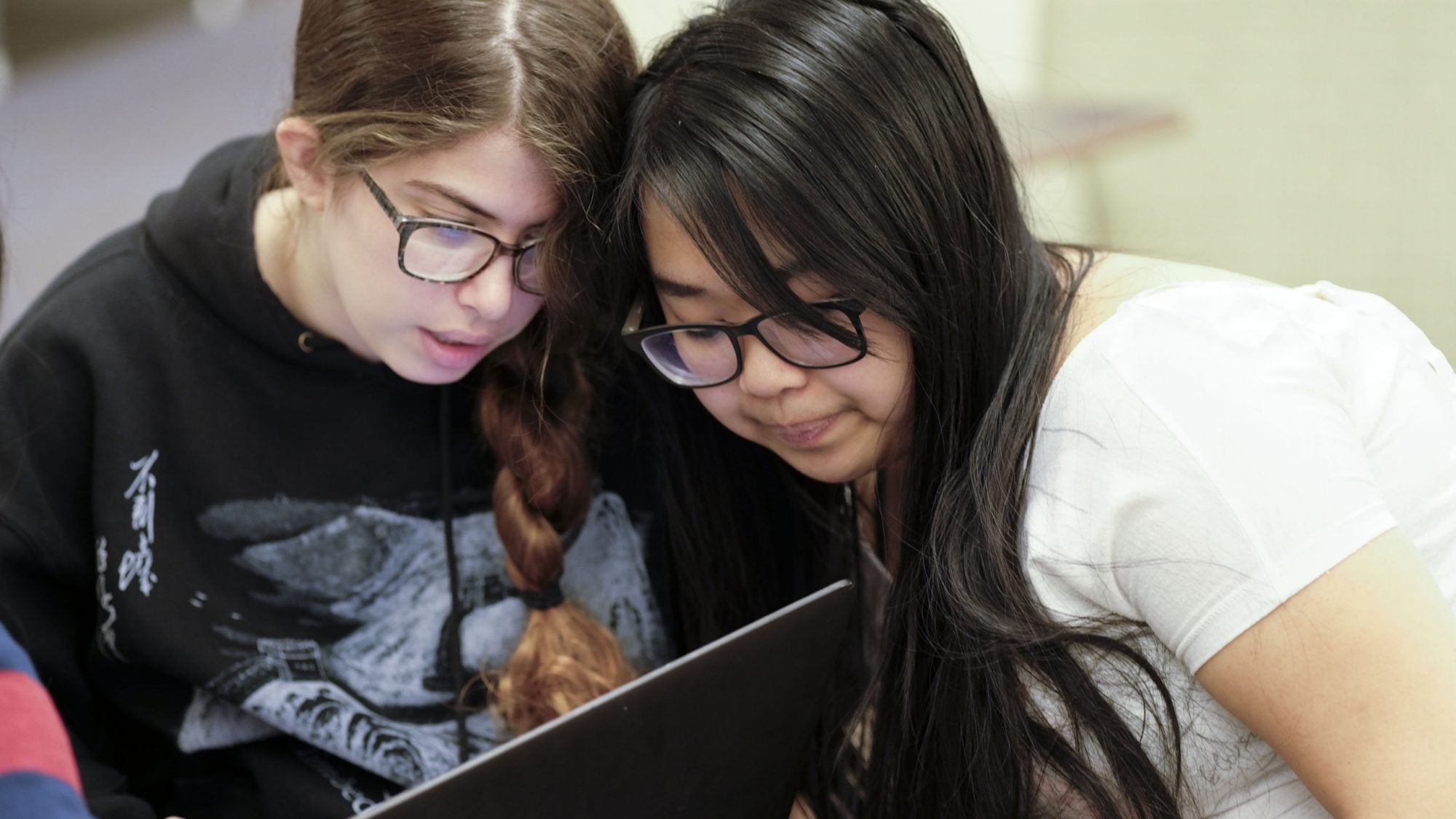
To get the most from your reading time, here’s a tip from Douglas Gobeille, a lecturer in URI’s Department of Physics, who tells his students the best way to approach a textbook.
Begin at the end of each chapter.
Textbook chapters often conclude with summaries, vocabulary terms, quizzes, and questions that highlight key concepts. Read these first to discover what the chapter is about and what the key takeaways are. Then, read subheads and bolded terms, which, if well chosen, will outline the chapter.
“Use headers for your notes. Use basic ideas as the basis for your notes,” Gobeille says. “Then go to the front of the chapter and look at the pictures and graphs. Read the captions.”
Some other suggestions:
- Calculate how long it will take to read a chapter. As a rule, multiply the number of pages to be read by five minutes to get a good indication of how much time it will take to read the chapter.
- Read for big ideas. These are usually easy to spot because they’re written in bold text.
- Read for important details. Depending on the subject, names, dates, places, and events tend to follow the introduction of big ideas.
- Take notes. Every 10 pages or so. Big ideas and important details are worth writing down. Put them in your own words, though, to gauge understanding and mastery of the information.
- Revisit the syllabus. Compare it with the textbook. See what topics are covered in both. Study those.
- Read the chapter once. But read notes several times over.
- A note about highlighting. Don’t overdo it. Resist the urge to highlight before finishing reading the paragraph or section. The point of highlighting is to single out words or phrases that indicate what the paragraph or chapter is about. If a page looks like it bled yellow or pink, it won’t be of much use come review time.
And at exam time, forget cramming in the last hour before the exam. Instead, Gobeille says, calm down by doing something relaxing. Preferably something physical. Cramming makes it harder for the brain to recall info; the science backs this, he says.

